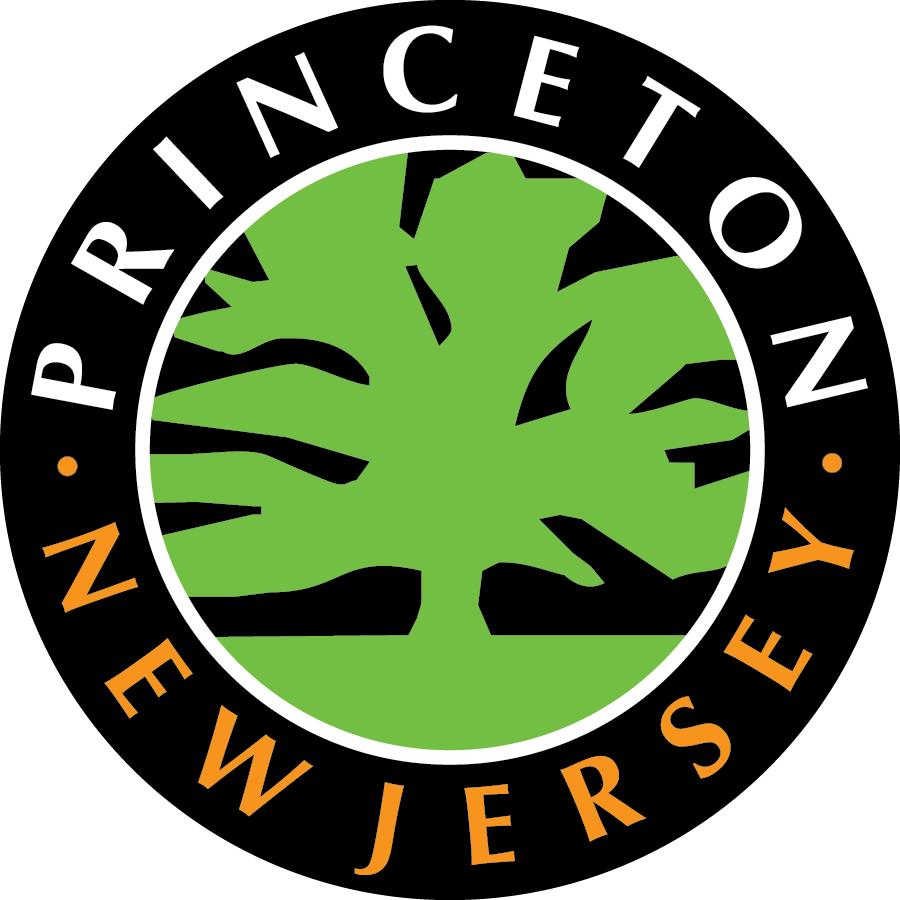The Princeton Council has hired a consultant to help revamp its leaf and brush collection program and its household trash collection system, with the aim of reducing costs while becoming more environmentally friendly.
DeFeo Associates was awarded a contract for up to $20,500 for its consulting services in connection with Princeton’s leaf and brush collection program and its solid waste collection methods at the Princeton Council’s Aug. 9 meeting.
The study is expected to take about one year to complete.
The first task for the consultant is to study the town’s leaf and brush collection program. The consultant will make recommendations for cost savings and efficiency.
The second task is to study the household trash collection system, to include the possibility of reinstating the organic food waste collection. The food waste program had been in effect on a voluntary basis since 2011.
Princeton suspended its organic food waste collection program in February 2019. The program was suspended because the hauler doubled the price for service and often failed to pick up the organic food waste. It was sometimes sent to an incinerator instead of to a processing facility.
Princeton Councilwoman Mia Sacks said engaging in such a study “has been a top priority for me since I started on the council, but COVID-19 got in the way. This is so long overdue.
“This is about looking at our leaf and brush collection pickup and our waste stream collection to figure out how we can conduct both disposal processes more sustainably and cost effectively,” Sacks said.
The costs of the residential trash collection and the leaf and brush collection program have continued to increase, Municipal Engineer Deanna Stockton wrote in a memorandum to the mayor and Princeton Council.
“The cost of these programs continue to rise for many reasons, including – but not limited to – increased quantities to be disposed, increased manpower and equipment needs and costs, and increased disposal costs,” Stockton wrote.
“These programs also have an environmental impact that is growing,” she wrote.
A comprehensive review of the two programs is a priority task, especially as officials begin to plan for reintroducing the organic food waste collection program, Stockton wrote.
Sustainable Princeton also weighed in on the proposed study, pointing out that the town’s Climate Action Plan recommends an evaluation of “all waste streams (solid waste, recycling, food waste, leaf and brush, electronics, etc.) from all sectors (residential, commercial and institutional).”
The Climate Action Plan also recommends implementing “an equitable unit-based/variable waste management program, e.g., save-as-you-throw, that includes a well-designed transition plan.”
While there are challenges related to the COVID-19 pandemic that have resulted in increased costs for trash disposal, there are new opportunities to divert residential food and organic waste from the landfill to environmentally preferable facilities, according to Sustainable Princeton.
Consultants have helped many towns to establish sustainable, efficient and cost effective waste management programs and have the expertise to help the town devise improved and successful programs, Christine Symington, Sustainable Princeton’s program director, wrote in a memorandum to Administrator Bernard Hvozdovic.
Sacks said the study and its recommendations will make a “big difference” in the community.
“I want to assure all individuals in the community who don’t have the same ideas about what the solutions are, we are going to be very open as we go through this process. This will be a data-driven, decision-making process,” Sacks said.
Mayor Mark Freda and Sacks said that if changes are made to the leaf and brush collection program, it would not impact the Department of Public Works staff. Employees would likely be reassigned to other tasks, they said.

